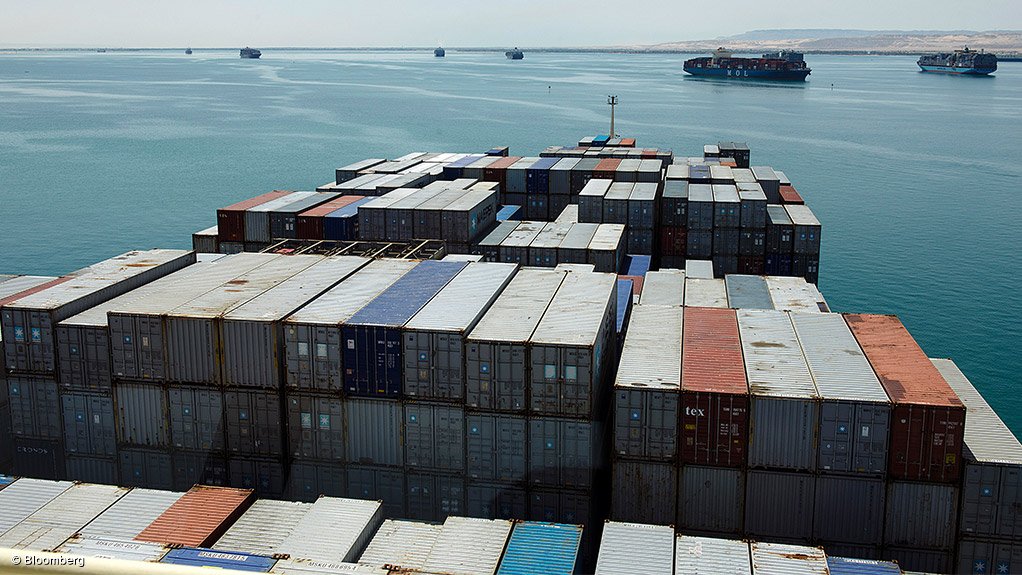For South Africa to remain competitive in the global trade environment, the country would have to adapt its policies to fit in with the new emerging patterns of trade, South African Institute of International Affairs (Saiia) economic diplomacy programme head Catherine Grant Makokera said on Friday.
Following a closed roundtable with various African stakeholders this week, as part of a series of roundtable discussions coordinated by the World Bank, Saiia and a network of think tanks, aimed at finding new approaches to multilateral trade negotiations, think tank Cordell Hull Institute’s Richard Cunningham told Engineering News Online that trade had changed and was now “characterised by global value chains” as opposed to being limited to only two countries at a time.
“It is a new world of trade negotiations and there may even be new patterns of trade,” he said, explaining that the purpose of the meeting in South Africa was not to tell South Africa and other African countries what to do, but rather to determine the South African view and to help the country better understand this new environment to enable it to act accordingly.
“There are big changes in the world and this should be taken into account in policies,” Grant Makokera said, stating that it was important for a country to be clear on what it wanted to achieve on a domestic level, and then use those goals as a guideline when engaging internationally.
“While South Africa is not necessarily getting worse in the policy space, it is getting overtaken [by other African countries] because it is not adapting its policy,” she stated.
Grant Makokera further said that, while South Africa was observing what was going on in the global trade space, it was not yet actively participating. It was important for South Africa to move beyond this “observation stage”.
She added that, for the country to effectively participate on a global scale, the current mistrust between government and the private sector would also have to be dealt with.
“There is no effective social dialogue taking place in South Africa on economic issues. This is a big gap,” she said, adding that it was hoped that social dialogue would form a more active part of the goals set by President Jacob Zuma’s new administration.
Further, one of the Africa-specific issues that emerged from the roundtable was the need to integrate the global trade environment with local development agendas, Grant Makokera pointed out.
She stated that regional integration was an African priority, noting that, in many cases, this could also be tackled through measures aimed at stimulating multilateral trade.
She explained that, for example, focusing on global trade value chains would not only promote international trade but could also increase trade between neighbouring countries and with other African countries.
Cunningham pointed out that multilateral trade, and the foreign investment that often accompanied it, could also help the continent reach some of its other development goals much faster, through investment in aspects such as infrastructure development.
The South African roundtable discussions were preceded by similar roundtables in Korea and Brazil, with three more roundtables in emerging markets still to take place, one of which would be in Bangladesh.
Other destinations being considered for the remaining two meetings included North Africa, China and Latin America.
Following the six roundtables, a report would be presented to the World Trade Organisation early next year on potential ways to stimulate mutilateral trade in future.
EMAIL THIS ARTICLE SAVE THIS ARTICLE
To subscribe email subscriptions@creamermedia.co.za or click here
To advertise email advertising@creamermedia.co.za or click here











